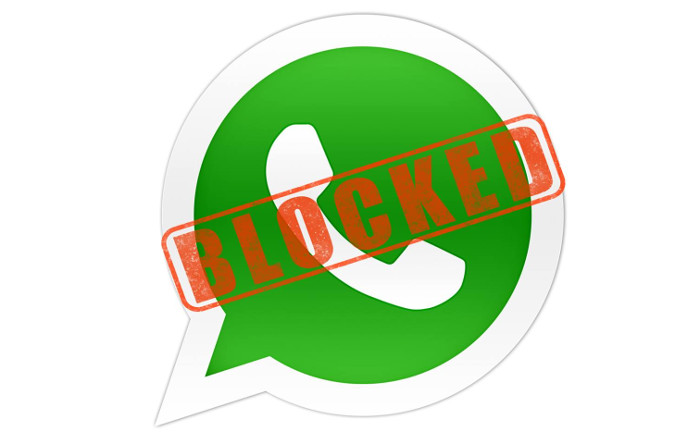UK based constitutional law expert, Alex Magaisa, has questioned the legality of the internet blockade in Zimbabwe that lasted about 30 hours. Writing on his blog, BSR, Magaisa said that if mobile operator, Econet Zimbabwe, shut down the internet based on a warrant as it claimed in an SMS, then the shutdown was technically illegal.
Said Magaisa:
Econet’s statement says it was responding to a “written warrant”. If it was indeed a “written warrant”, it could not have been used to block Internet and social media communications. This is because the scope of a warrant is specifically defined by the Act and it does not cover blocking communications. It only permits the “interception” of communications and this is strictly defined by law.
We find the meaning of interception in the definition section of the Act. It describes interception using a telecommunication system as “to listen to, record, or copy, whether in whole or in part”. Nowhere in this definition is there any mention of or reference to blocking communications, not for individuals, let alone the entire country.
Prominent lawyer, Advocate Fadzayi Mahere also said that there’s no law in Zimbabwe that authorises the shutdown of the internet:
1. There is no law in Zimbabwe that authorizes an internet shutdown. There’s a night and day difference between intercepting communications and the wholesale, arbitrary blocking of access to information. The internet shutdown was unconstitutional and violated s61.
— Fadzayi Mahere🇿🇼 (@advocatemahere) January 16, 2019
2. I invite telecoms corporates to read s61(3)(b) of the Constitution which gives them freedom of establishment and expressly states that they are independent of control by government and political interests. #ZimbabweShutDown
— Fadzayi Mahere🇿🇼 (@advocatemahere) January 16, 2019
More: BSR



It was also a direct breach of the International Covenant on Civil and Political Rights and the Universal Declaration of Human Rights.